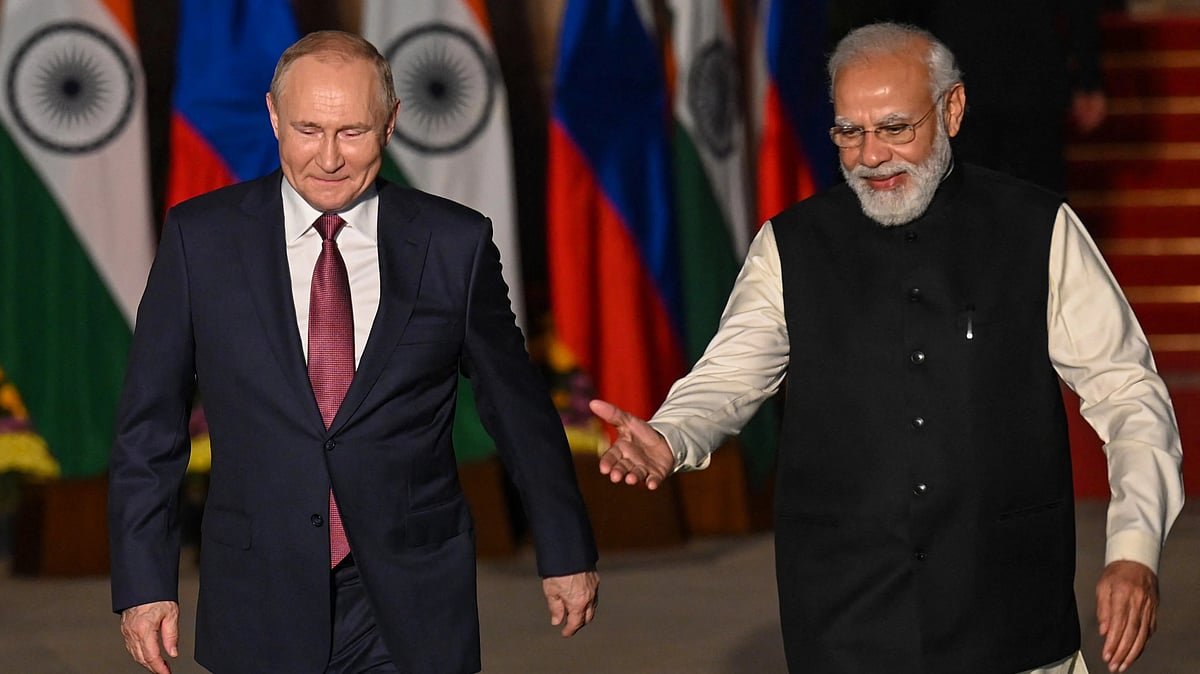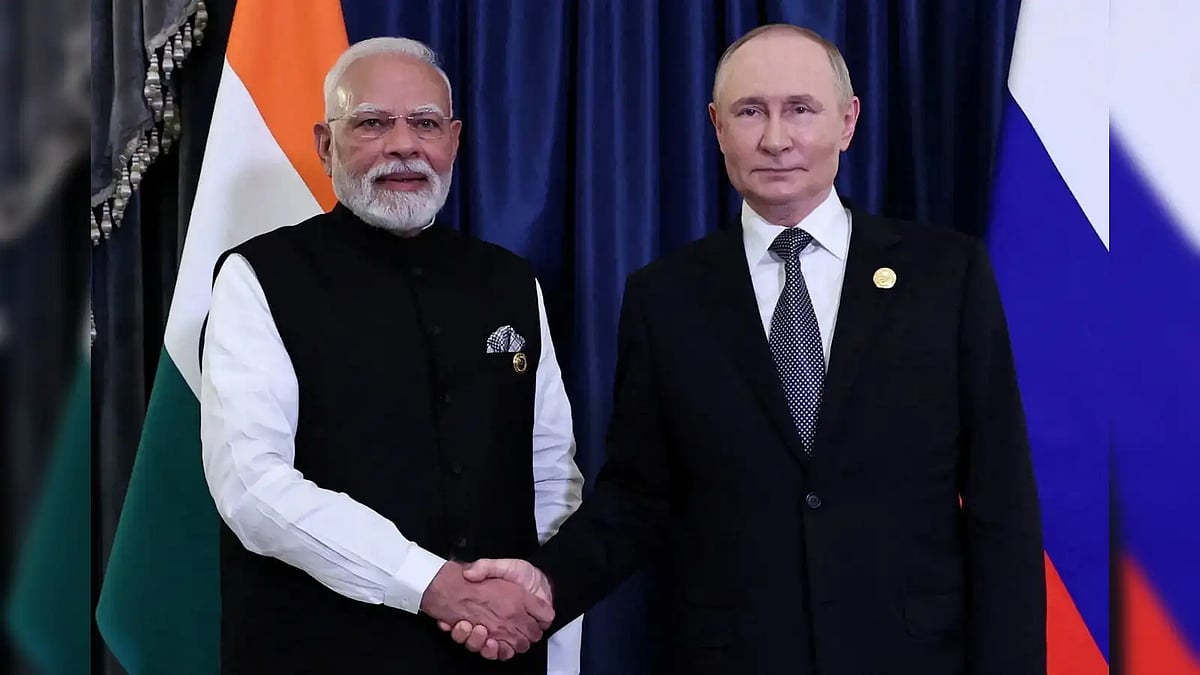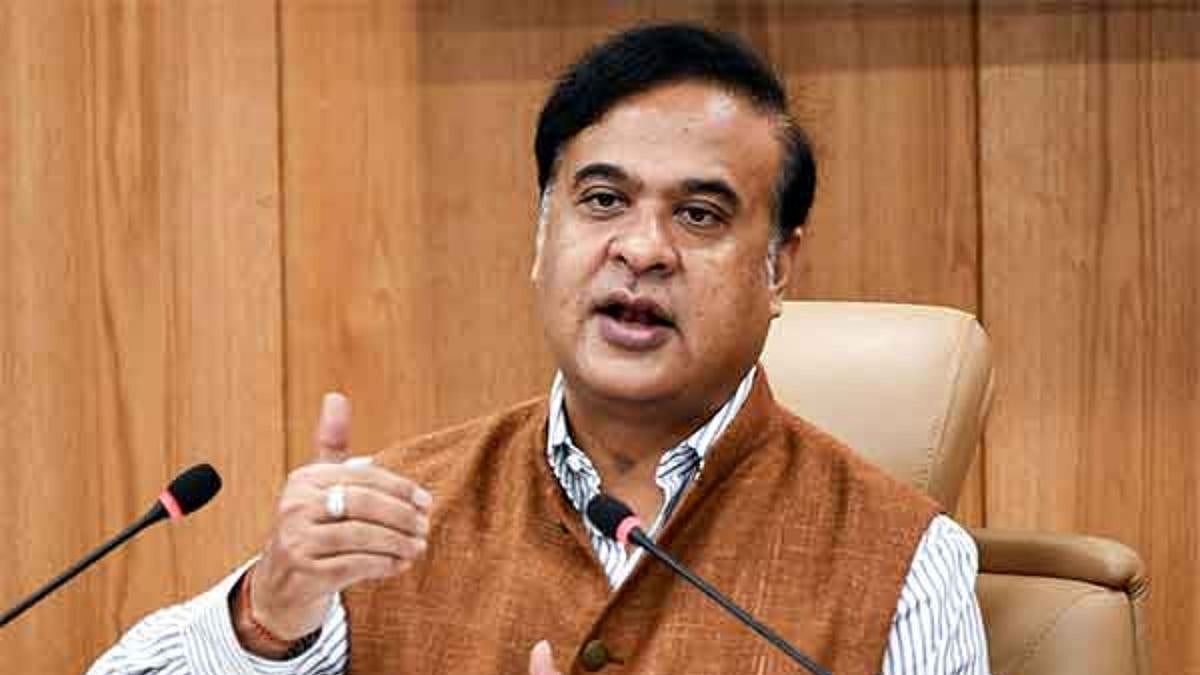I was not surprised by the Supreme Court judgment on demonetisation. The court has exonerated the Narendra Modi Government of any wrongdoing or illegality. The Court is the final arbiter in Constitutional matters, and its verdict has to be respected. But to imagine that the verdict will lead to total cessation of debate on the subject is to undermine the talent of the argumentative Indian as well as the power of debate and discussion in a democracy. Those in the Government will use the judgment to demolish and demonise vocal critics of the Government, whose criticism will be presented as yet more proof of anti-Modi and anti-India paranoia. On the other hand, opponents will take their cue from the dissenting opinion of Justice BV Nagarathna to put forth their points that the government did it without any application of mind and with an ulterior motive. And the debate will go on and on.
When demonetisation was announced by the Prime Minister at 8pm, on Nov 8, 2016, I was in Goa with almost no cash in my pocket. I was then in Aam Aadmi Party, supervising the party’s election campaign which was to happen in the month of February 2017, along with UP, Uttarakhand and Punjab. I came to know that the PM would address the nation at 8pm and I was greatly intrigued but had no clue that within a few hours, the cash in my pocket would turn into dust. The PM’s announcement left all of us stunned and for a few seconds we did not know what to do. As I stepped out I could see the palpable tension in the air. Nobody had an idea how this announcement would affect the life of the common man and woman.
I am no expert on economy and money matters, but I could sense that this might lead to some catastrophe because the reasons given for demonetisation by the PM were not convincing enough for such a drastic step. The PM said, “To break the grip of corruption and black money, we have decided that the currency notes of five hundred and one thousand rupees presently in use will no longer be legal tender from midnight tonight. This means that notes will not be acceptable for transactions from midnight onwards. The five hundred and thousand rupees notes hoarded by anti-national and anti-social elements will become just worthless pieces of paper.” The Prime Minister had in his address to nation that day further said, “Terrorism is a frightening threat . So many have lost their lives because of it. But have you ever thought about how these terrorists get their money? Enemies from across the border run their operation using fake currency notes.”
If the basic idea for demonetisation was to fight corruption and black money, then I would have certainly bought the PM’s argument because he came into power in the backdrop of unprecedented corruption charges against the Manmohan Singh Government and he had promised to make India corruption-free. And only an out-of-the-box solution could root out black money from the system — but the addition of terrorism, fake currency and drug money among the pronounced objectives made me suspicious. Terrorism cannot be rooted out by such measures and fake currency is too meagre an amount to demand demonetisation. Obviously, the purpose was something else. In my assessment, it was more political than economic, and it was linked to the Uttar Pradesh elections. But what it was, we could only guess.
The Prime Minister did expect that this move of his might lead to suffering for the common citizens and he did caution people too. He said, “So in this fight against, black money, fake notes and terrorism, in this movement for purifying our country, will our people not put up with difficulties for some days? I have full confidence that every citizen will stand up and participate in this Mahayagna.” The PM also called this “Imandari ka Utsav” (festival of honesty). His words should be carefully understood. Words like “movement for purifying our country”, “Mahayagna” and “Imandari ka utsav” were carefully used by him. He being the master strategist that he is in communication, by using these words he turned the entire exercise into a nation-building project to cleanse the society of its evils. And by calling the exercise a “Mahayagna”, he gave it a religious colour as well. His genius lay in weaving a “more than ordinary narrative” with simple words, involving the people in his own make-believe world and making them serious stakeholders in a much larger national goal. His message was clear — that for a “new” dawn, for the “re-generation of the nation”, some sacrifices had to be made by the people.
Celebrated historian Richard Overy, after studying in great detail the nature of the totalitarian regimes of Joseph Stalin and Adolf Hitler, had reached the conclusion that it was not merely coercion which forced people to accept their policies; people also willingly accepted them and genuinely believed in the purity of the purpose. He reached the conclusion, as I quoted in my book Hindu Rashtra, that “it is the possibility of redemption that created the willingness of people to provide support for the regime, despite hardships”. It is the “promise of Paradise”, it is the visualisation of a better future which made people not distrust the leadership. It is no surprise that despite more than 100 people dying while standing in queues to withdraw money from ATMs and lakhs of small and medium businesses going bust, the BJP registered a historic win in UP and Uttarakhand.
It is not ironic that former Prime Minister Manmohan Singh, who severely criticised demonetisation and had rightly predicted that this would ruin the Indian economy and would lead to the loss of 2% GDP, was ridiculed by the regime and sections of the media. The UP elections were followed by the thumping victory in the 2019 Parliamentary elections, which further blunted the value of genuine criticism — though in its economic survey on Feb 1, 2017, the Government itself admitted the loss of 1% GDP. The survey writes, “...there had been reports of job loss, decline in farm incomes, and social disruption, especially in the informal, cash-intensive parts of the economy.” The biggest surprise was the return of 99% of banned currency in the Government exchequer. What does it prove? This means that almost all the black money which the Government intended to kill through demonetisation was back in the system. The whole purpose was not only defeated but also proved to be a farce.
Demonetisation will go down in history as one of the major blunders of the Modi Government. The Supreme Court verdict will be used to prove it right. But let’s not forget that the court can only judge the Constitutionality of the Government pronouncement, whether the due process of law was followed, and the correct procedure was carried out; it cannot pass verdict on the genuineness and the necessity of the purpose, and the incalculable damage it has done to society at large. I won’t say that demonetisation was done with an ulterior motive but it certainly was not a wise decision. The economic disruption which it created totally derailed the Indian economy which then was moving with 8% GDP growth. Due to this lakhs of people became unemployed and its tremors are still being felt. It is no wonder that the Modi Government and its ideological partners no longer talk about it. Maybe the Government has realised that at times it is better to forget, because every illusion created may not lead to reality; every myth has its limits; every promise to paradise is not eternal; charismatic leaders are also fragile and they also commit mistakes. It is another thing that they won’t admit it in public.
The writer is Editor, SatyaHindi.com, and author of Hindu Rashtra. He tweets at @ashutosh83B









